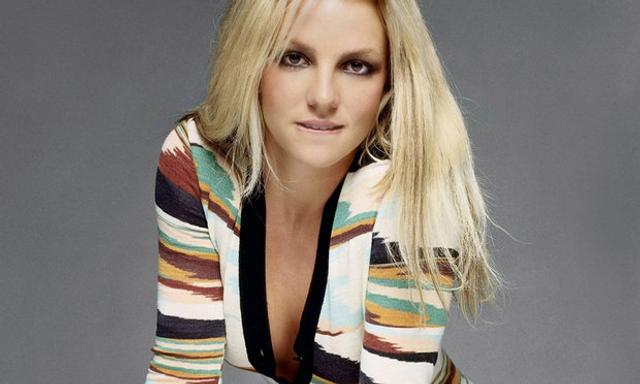The news broke last week that former X-Factor winner Matt Cardle had been dropped from his record label Columbia after poor sales of his debut album Letters. 250,000 units shifted would be considered a massive success for numerous artists and bands, especially for a debut album, but that figure isn't enough to satisfy the ambition of label bosses intent on maximising profits by plucking the next pop sensation from obscurity.
It says something about the challenges which winners of reality shows like X-Factor and Britain's Got Talent face when selling a quarter of a million copies of your first record is deemed unsuitable. Only the most naive among us would stay anything other than the fact that Simon Cowell and co. are doing anything other than exploiting the talent and ambition of hordes of aspiring popstars.
Cardle is the latest in a series of reality show winners to have been deemed not worthy of significant investment by labels. Columbia released a statement when they dropped him, which stated that he is "hoping to take his career in a different direction", which is industry talk for "it's not you, it's me" and equally insincere. Numerous reports have also suggested that Marcus Collins, the 2011 X-Factor runner-up, will also be canned from his label RCA. Collins' recent 9th spot in the charts with a cover version of The White Stripes 'Seven Nation Army' was apparently a completely unacceptable return on the label's investment.
Winning the X-Factor is no guarantee of success, despite the show trying to make the impression that it is. Remember Steve Brookstein, winner of the first season? He makes a living playing small shows in Jazz clubs across the UK despite at one point in time having the number one single and album in the UK before being dropped from his label. Where did his non-major label comeback single place in the charts? Somewhere north of 190.
Leona Lewis, whose new album Glassheart is due later this year, seems to be capable of maintaining an element of success, even after the promotional juggernaut involved with winning the show has fizzled out. Alexandra Burke is another who has been able to maintain success even without the promotional benefits of being features weekly on one of the most watched TV shows in British television. Series four winner Leon Jackson was also ultimately (and quietly) removed from the public eye by his label bosses.
The real problem with talent shows like X-Factor is the sheer scale of talent which they produce. Every year you have a winner who gets a record deal and this person is usually joined by one or two others who made an impression, in one way or another, which leads to a marketplace flooded by a gaggle of artists who all, let's face it, sound like each other. Having done this year-after-year, X-Factor have ended up creating a stable of musicians who compete against each other for the same demographic. The first album will usually sell relatively well, but by the time album number two comes out there is already a new kid on the block ready to assume the throne.
Simon Cowell is a smart man and has created a completely self-sustaining model for chart success. His television show gives the public the illusion that they're a part of choosing a winner of a talent show and, by doing so, programs the viewers with a feeling of solidarity towards whoever wins. This fades when the singer isn't on television every week, which is why second albums are so often unsuccessful, but don't worry - Cowell has a brand new selection of rags-to-riches stories from which to make money off.









































































